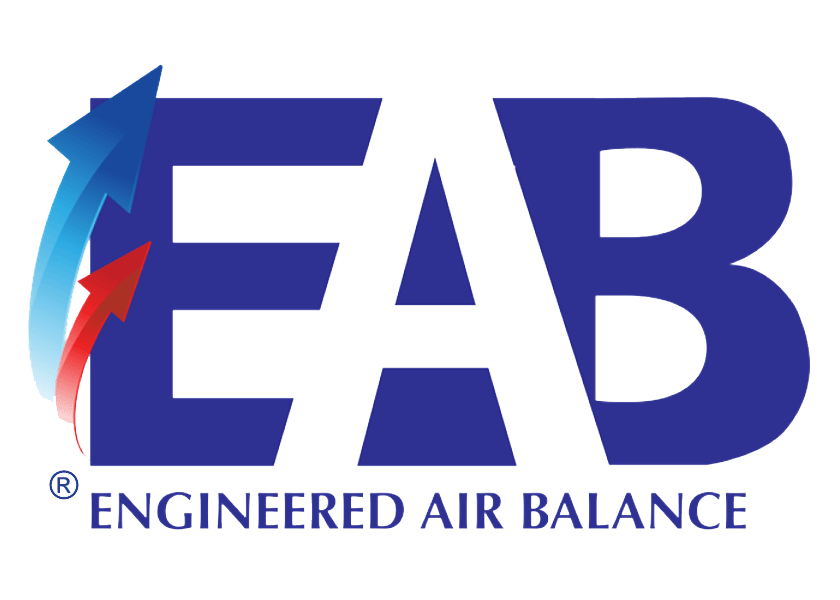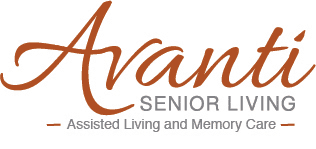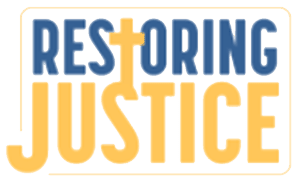Navigating the employment guidelines around the Americans with Disabilities Act Amendments Act (ADAAA) and what is a reasonable accommodation can be complex and require expert guidance. This is because the specifics of what constitutes a reasonable accommodation can vary depending on the employee’s individual situation and the employer’s business needs, and court decisions and interpretations can impact how the law is applied in different situations. In addition, a request for an accommodation that involves time off of work can run into the complex relationship of paid time off (PTO), Family Medical Leave Act (FMLA), and ADAAA.
Definition of ADAAA
The ADAAA defines a disability as:
- A physical or mental impairment that substantially limits one or more major life activities, which can include activities such as walking, seeing, hearing, speaking, breathing, and performing manual tasks
- A history of mental or physical conditions or impairments such as cancer
- A mental or physical condition that is not permanent or minor
The determination of whether an impairment substantially limits a major life activity must be made on a case-by-case basis.
Accommodations
ADAAA accommodations can go beyond physical modifications to the workplace such as handicap parking and ramps. They can also include things like modifications to work schedules, job duties, or equipment to enable a person with a disability to perform the essential functions of their job. In some cases, accommodations may also involve a leave of absence (LOA) or additional time off work.
Undue Hardship
The ADAAA also recognizes that there are circumstances in which an accommodation could cause an “undue hardship” for the employer. In other words, an accommodation that causes an undue hardship would fall outside of what is considered “reasonable” for the employer to provide.
Accommodations are considered an undue hardship when it:
- Would cause the employer undue financial hardship
- Would be too extensive or disruptive
- Would fundamentally change the nature or operation of the business/job
Undue hardship is generally defined as an action that places significant challenge and expense on an employer. As such, an accommodation becomes unreasonable for the business when the cost and practical implications of accommodating a disabled worker are too difficult to implement. This is generally measured on a case-by-case basis. However, there are several factors that are considered when determining whether an accommodation is reasonable or not. The considerations include the cost and nature of request for accommodation, practicability and health and safety requirements. If the costs of making an accommodation is too expensive or too impractical then the employer may be able to avoid doing so.
Exclusions
Regarding alcoholism and drug abuse: if an employee is a recovering drug addict, they are provided some protections by the ADAAA. Nonetheless, the ADAAA does not provide protections for alcoholics or those employees who are currently using drugs.
The Interactive Process
The interactive process is loosely defined by the ADAAA as a discovery period where the employer works directly with the employee to understand and assess the need and availability of job accommodations for an employee’s disability. Achilles Group not only understands the process, but has also created a set of guidelines and forms to assist our clients in easily navigating through the ADAAA interactive process. Additionally, we work hand-in-hand with our clients to navigate them through the process to ensure an equitable outcome for both the company and the employee.
Summary
Because of the ever-changing landscape in court interpretations of ADAAA and the variance in each employee-employer situation, there is no clear cut path when it comes to evaluating and providing accommodations. Therefore, it’s important for employers to work with legal and HR professionals who are well-versed in the ADAAA and its requirements to ensure they follow the law while also meeting the needs of their business.
At Achilles Group, we can can help employers understand what types of accommodations may be required in different situations and how to document and implement them effectively.
Test your knowledge on ADAAA HERE








































